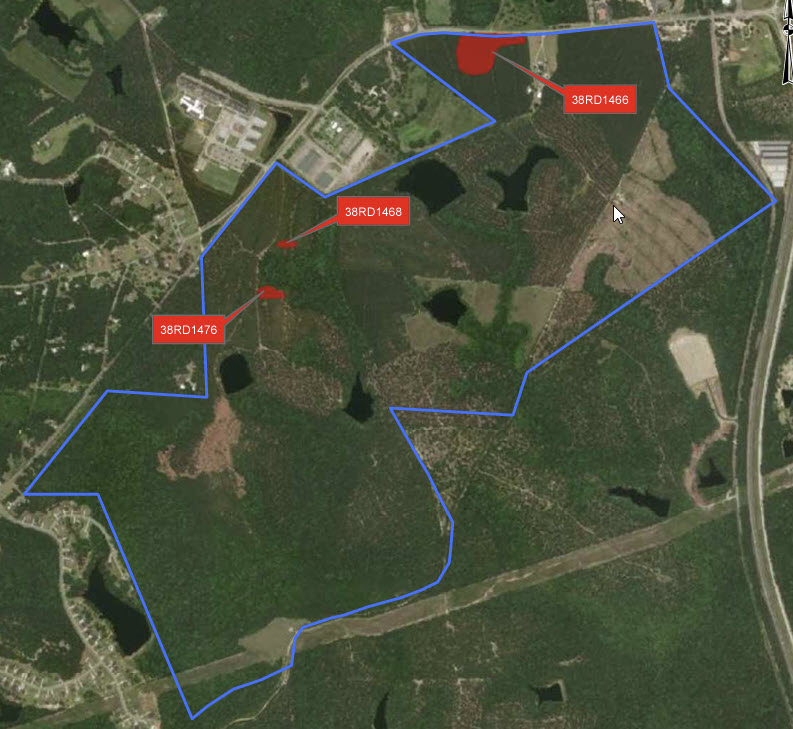
COLUMBIA, S.C. — Environmental advocates are closely monitoring the developments at the site of the massive electric vehicle plant slated for Blythewood in Richland County, with growing concerns about its impact on the delicate wetlands in the area.
Construction crews are back to work after receiving a permit from the U.S. Army Corps of Engineers, allowing them to resume work that had initially been halted due to worries about wetlands damage.
This project has garnered significant attention, particularly after a report by WIS 10 news suggested that the Scout site could potentially impact a staggering 70,000 acres of wetlands, nearly 40,000 acres of ponds, and approximately 35,000 linear feet of tributaries. However, it’s important to note that this report is highly inaccurate and continues to be the top result in Google news searches related to the project.
While the correct figures are somewhat lower, they are still concerning. The USACOE’s permit will authorize the filling or disturbance of 74 acres of wetlands, 38 acres of ponds, and 7 miles of creek.

The new Scout Plant is situated off Interstate 77 in the northern part of Richland County, but questions and apprehensions loom large regarding its potential environmental impact, and the community is eagerly awaiting answers.
Blythewood Mayor Sloan Griffin shared his thoughts, saying, “It’s scary. Change is always accompanied by uncertainty. There are two sides to every coin – heads and tails. Some are excited, looking forward to the promise of 4,000 jobs and increased business opportunities in Blythewood, thanks to Scout.”
Construction will soon resume on the vast 1,600-acre site in Blythewood, where the Scout Motors manufacturing plant is set to be located.
Last September, Scout had to pause its work following concerns raised by the Environmental Protection Agency (EPA), which had identified evidence of wetlands damage even before the permit was issued.
Additionally, there’s a noteworthy finding indicating that one of the archeological sites, known as 38RD1468, is recommended for inclusion in the National Register of Historic Places (NRHP) under Criterion D. It holds potential for yielding significant insights into the area’s prehistory. However, it’s important to mention that there was not enough data collected during the Phase II investigations to determine its eligibility under other criteria (Criteria A, B, and C).
The Scout Motors project is undeniably intriguing. They are embarking on the production of electric trucks, a technology yet untested in the transportation of goods. This raises questions about the necessity of destroying 75 acres of wetlands for an unproven technology that may or may not compete effectively with traditional trucking methods. While the transition away from fossil fuels is commendable, it’s crucial to ponder whether it should come at the significant cost of our natural environment. Surely, alternative locations with less environmental impact could have been considered for this venture.
